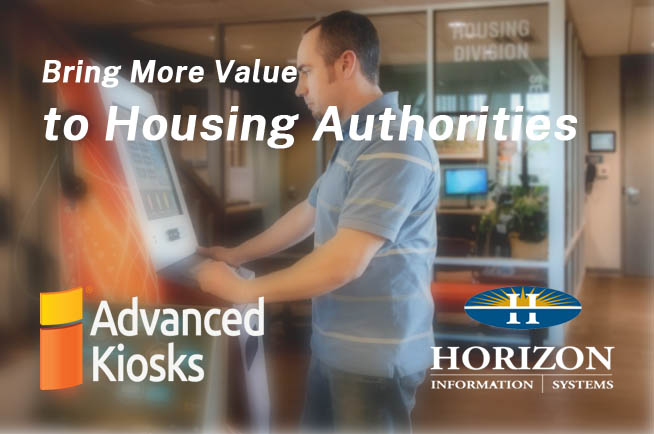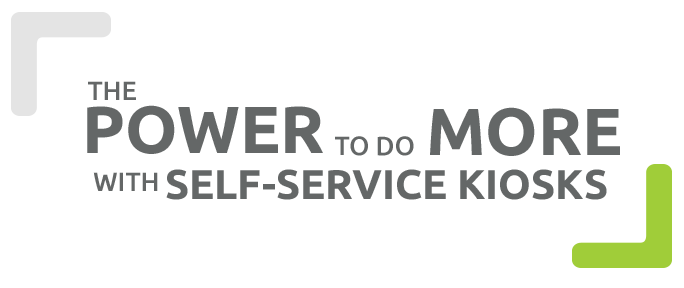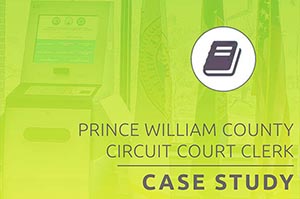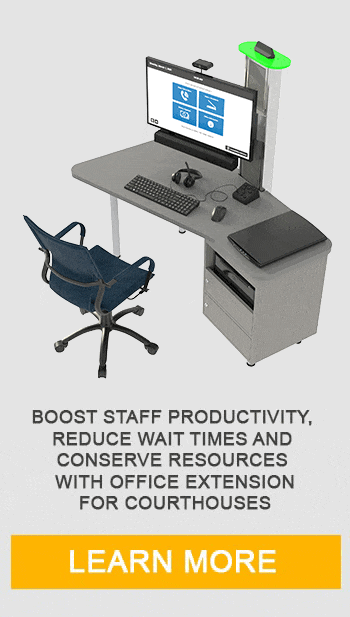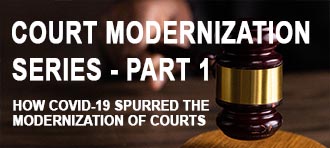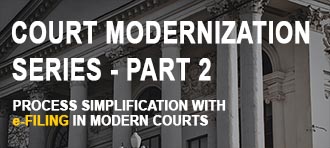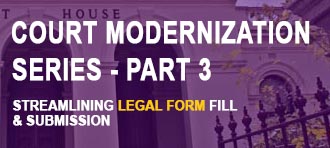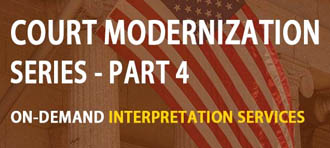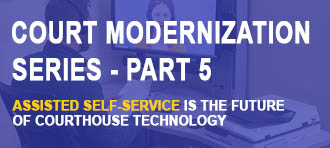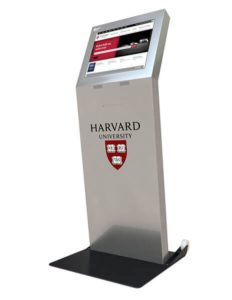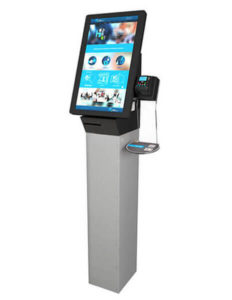Bring More Value to Housing Authorities
At Advanced Kiosks, one of our primary goals when working with clients is to ensure they purchase a kiosk that meets their standards and expectations. In some cases, this means testing the compatibility of third-party software on a kiosk.
When Butler County Housing Authority and their software provider, Horizon Information Systems, contacted us to discuss self-service kiosks, there were questions of functionality of Horizon Software working with our Zamok Kiosk software on our kiosk hardware. Zamok at its foundation is a security software for your kiosk and there is the potential to have problems if thorough testing is not completed.
About Horizon Information Systems
Horizon Information Systems is a software company specializing in housing authority software for tenant, property, and financial management. Their Housing Authority client, Butler County Housing Authority, needed interactive kiosks with the capabilities of Horizon’s software that allow tenants to:
- Fill out an application
- Access the tenant portal
- Review and print documents
- Pay rent
- Scan documents for program eligibility
- And more!

The goal for these self-service kiosks is to give tenants and prospective tenants the opportunity to perform the above use cases with ease. To achieve this goal, Butler County Housing Authority needed to ensure their software worked on an interactive kiosk and our Zamok security software. To solve this problem, Martha Brown, the Director of the Butler County Housing Authority, put Horizon Information Systems in contact with Advanced Kiosks.
Fortunately, Advanced Kiosks tests third-party software quite often, so our team of dedicated technicians were up for the challenge!
How Does Advanced Kiosks Test Housing Authority Software?
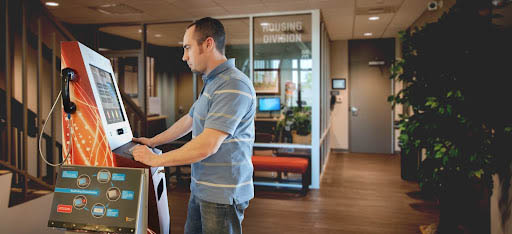
To test Horizon’s Software with our Zamok Software, the Advanced Kiosks team first set up a test account and configured it to utilize various webpage and web apps set up for payment processing, online applications, and form searches. The test account is loaded to a kiosk, after which someone pans through each page and website provided by Horizon.
- Searched for broken pages.
- Search for pages blocked due to Zamok Software intricacies.
- Any part of the applications that were bugged or broken.
The customer’s website is opened in Chrome, and specific items are tested to work in this Chrome environment before proceeding to Zamok Software.
The Evaluation Phase
Next, the customer’s website is evaluated for responsiveness in our kiosk management software Zamok, and it is essential to know the monitor’s resolution they will use. This includes ensuring certain parts of the website are not “clipped,” that the resolution change does not cause page elements to bunch together, and that vertical scrolling allows the entirety of the page to be visible.
Functionality, Functionality, Functionality!
Next, we test the basic functionality of the website, including:
- Ensuring buttons are clickable.
- Text entry fields are fillable.
- Links are properly navigating to the right page.
This process is repeated on as many individual pages as necessary for the project. It includes making sure embedded videos will playback without issue and that audio functions are working correctly.
Advanced functionality will include items that the customer needs that deviate from general functionality. Examples include:
- Website login procedures.
- Custom video/ audio controls.
- Live customer support.
- Nonstandard plugins or add-ons.
The next item to check for is how Zamok handles specific functionality. These are things that Zamok handles differently than standard web browsers for security or performance purposes, including:
- Ensuring Zamok automatically takes camera permissions.
- How to handle pop up pages.
- How the onscreen keyboard behaves on the page.
Hardware Compatibility is Put to the Test
External/additional hardware compatibility is the next item to test. The scope of these tests is dependent on what external hardware is in the spec. These hardware items should work together with Zamok and the customer’s application seamlessly. These tests will include:
- Making sure the document scanner will scan images to the customer’s website.
- Ensuring the credit card reader will auto-populate forms when swiped.
- Ensuring VOIP hardware is accessible from the customer’s application.
Application Programming Interfaces(APIs) can be external or internal to Zamok. An external API is usually a remote service that the customer’s code calls to operate thoroughly. Due to security and performance reasons, some external APIs might not work in Zamok. API testing is usually only required if the customer’s application is not working under normal operating conditions.
Keeping Your Data Secure
Security considerations are essential and include the security of the end user’s data and the security of the kiosk. Important security aspects for the customer should be called out in the project spec. The other side of security is ensuring that the customer’s website/code does not compromise the security of the kiosk or Zamok. Examples include:
- Ensuring the webpage does not have low-level file access.
- Customer passwords are hidden and not displayed in clear text in entry forms.
- Customer code cannot execute keyboard shortcuts.
The security posture of each project will vary, and expectations are communicated with the customer.
User Experience(UX) rounds out the testing effort. Because our kiosks primarily use a touch screen, considerations are taken to see how well a customer’s site works with it. Our tests focus mainly on functional issues, not aesthetic ones. During this final phase, the Advanced Kiosk team:
- Checks that buttons or navigation elements are not too close together.
- Ensures the customer’s web page is responsive.
- Ensures that certain accessibility functions work as intended.
This testing found that Horizon Software can successfully be utilized on a kiosk or product, specifically, the Office Extension 2.0, for the Butler County Housing Authority.
Do you have third-party software or Housing Authority Software you’d like tested on a self-service kiosk? Please fill out our contact form, and one of our helpful project managers will reach out with more information.

